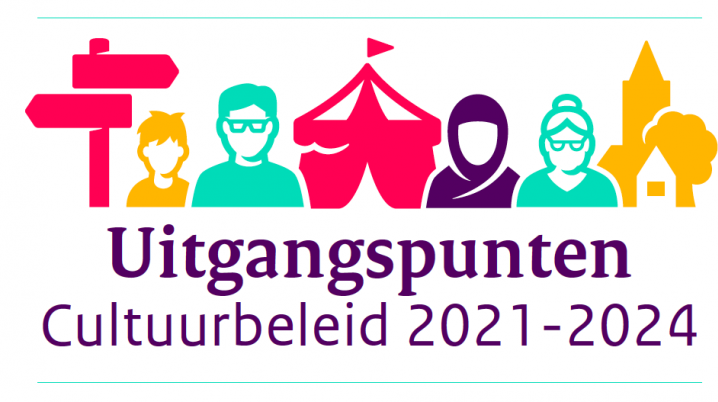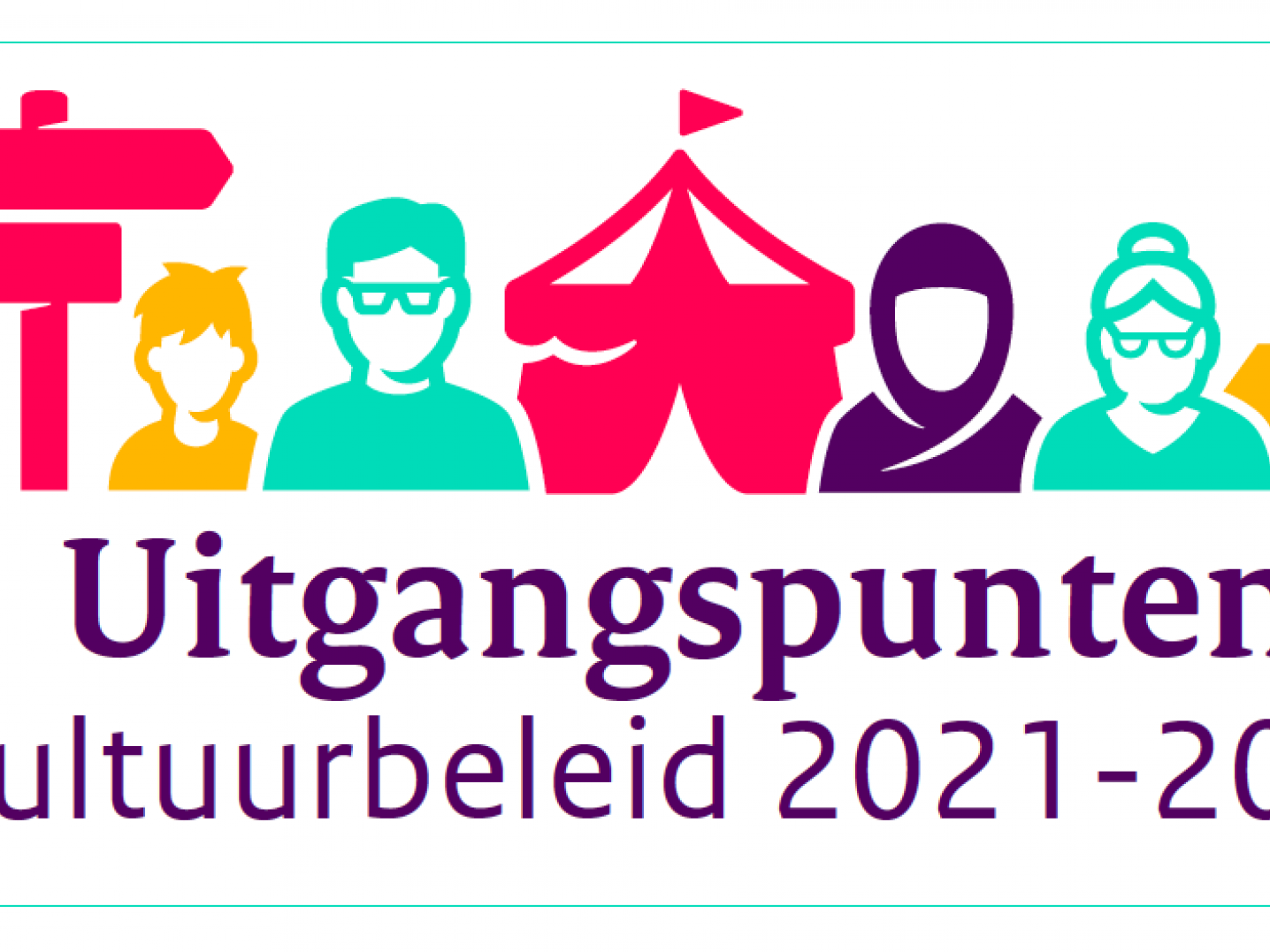
Minister Van Engelshoven on Dutch Cultural Policy 2021 – 2024: Culture for everyone
“We can be proud of our cultural climate: the quality is high, and public interest is strong. Dutch artists are open to the international world and are comfortable working abroad. In a time where borders tend to be drawn more sharply, this should not be taken for granted.” So writes the minister in her letter to the Dutch House of Representatives, in which she sets out the principles for cultural policy in the period 2021-2024. It emphasises the importance of international cultural collaboration, and hence of DutchCulture.
The main principles of the new policy and for DutchCulture are as follows.
Internationalisation: culture knows no borders
According to Van Engelshoven, international exchange is as much a matter of course in the field of culture as in science. Internationalisation is common practice in the cultural sector. The international cultural policy contributes to international exchange and to the Netherlands’ profile abroad, by connecting culture to societal challenges and diplomacy, foreign policy and human rights. The implementation of the policy is entrusted to parties including the cultural funds, DutchCulture, EYE, Het Nieuwe Instituut and embassies.
- Support structure (Ondersteuningsstructuur)
DutchCulture has again been tasked to fulfil a coordinating role, to bring together the expertise of multiple disciplines, and to coordinate the joint effort. DutchCulture’s tasks are determined by the results of the evaluation by the Ministry of Foreign Affairs’ Policy Operations and Evaluation department (Internationaal Onderzoek en Beleidsevaluatie) and the new international cultural policy framework. This framework also sets out the exact division of roles among the various parties.
- International collaboration in the local region
In the coming period, the minister will work with other public bodies to explore how the state government can exchange successful examples of international collaboration. This specifically concerns local regional collaboration with Flanders and Germany, and with other countries in Europe and further afield. It also concerns activities in the wake of the European Year of Cultural Heritage and exchanges under the umbrella of UNESCO.
- Creative Europe
EU programmes such as the Creative Europe programme (2014-2020) contribute to strengthening the position of the Dutch cultural and audio-visual sector, for instance in the fields of heritage, digitisation and innovation, and outreach toward children and teenagers. The Netherlands is a successful participant in the Creative Europe programme, and the Dutch cultural sector has a strong interest in European collaboration. Here, the Creative Europe Desk fulfils an important mediating role. For the new period (2021-2027), Van Engelshoven wishes to maintain the current programme committee and to reduce the administrative burden. These are also the points of concern recognised in the field, in the cities, and by the House of Representatives.
- Implementing bodies of International Cultural Policy
Various parties are responsible for carrying out the International Cultural Policy, such as the cultural funds, supporting organisations and state government departments. The minister requests that they take this policy framework as guideline in their internationalisation activities in the countries specified in the policy framework for the 2021-2024 international cultural policy.

The main points in the memorandum
- Expanding the basic infrastructure
There will be opportunity to expand and innovate in the basic infrastructure (BIS), for instance for organisations and makers who reach out to a broader audience with innovative genres such as urban arts, design and pop music. Festivals of performing arts, literature, design and crossovers will also have a role. The offer in performing arts for young people will be expanded, and talent development in all disciplines will be actively pursued. Money will be made available to support museums with a municipal or provincial collection. The BIS can accommodate one municipal or provincial museum per province.
- Fair practice
Organisations are required to endorse the Fair Practice Code. This code serves as a grant condition, requiring organisations to fulfil the agreements made in the sector regarding honest pay. There will also be investments in measures to increase the sector’s earning potential, for instance a structural facility to support professional development.
- Broad accessibility
To give encouragement to people who generally do not seek exposure to culture and art, Van Engelshoven is launching a programme aimed at promoting cultural participation among the widest possible range of population groups. She is also promoting cultural education, and the programme Cultuureducatie met kwaliteit (‘Cultural education with quality’) will be continued.
- Collaboration with urban regions
As part of an intensive collaboration with urban regions, a matching policy with local regions will be pursued in order to stimulate cultural innovation throughout the Netherlands. State and regional bodies will jointly invest in fresh initiatives.
Based on the outlined guidelines and criteria, cultural organisations can submit their grant applications for the period 2021-2024. Following the advice of the Council for Culture (Raad van Cultuur), Minister Van Engelshoven will announce the grant decisions on Prinsjesdag (third Tuesday of September, when the main features of government policy for the coming parliamentary session are presented) 2020.
A hearing in the House of Representatives on the 2021-2024 cultural policy memorandum has taken place at June 20, and the House has debated the memorandum on 27 June. The House will receive the new policy framework for international cultural policy in the autumn of 2019.

